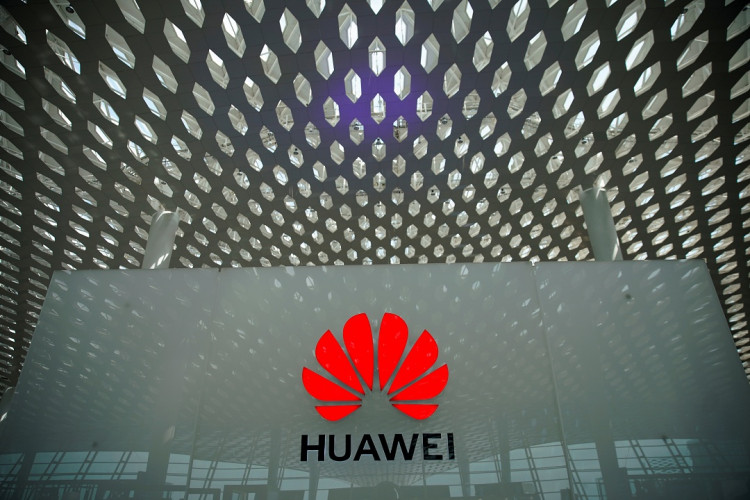China and the U.S. have yet to see public progress in negotiations for a potential trade deal. Sources reportedly revealed on Wednesday that talks have stopped in the meantime as the White House remains mum on details about its Huawei ban reprieve.
According to The Wall Street Journal, people familiar with the situation said progress is at a standstill as Washington has yet to resolve uncertainties with U.S. President Donald Trump's announcement that he will ease up on the Huawei blacklisting.
Aside from stalled trade talks despite Trump and Chinese President Xi Jinping's agreement in last month's G20 Summit that they put tariffs on hold in the meantime, it didn't help that Trump threatened with tariffs again this week.
Trump hinted on Tuesday that the tariff spat may keep pushing through when he said: "We have a long way to go as far as tariffs." Furthermore, Beijing has requested that Washington lift Huawei restrictions as the Chinese tech giant was caught in the trade war.
The Huawei blacklisting came in May, with the White House restricting China's leading tech firm from purchasing tech components and chips from American providers. U.S. firms have since been rallying to get their business with Huawei reinstated as the company is one of the biggest customers in American semiconductor and chip sectors.
Amid the ruckus and calls for the ban to be lifted, the Consumer Technology Association (CTA) warned that the trade war is costing American tech in billions. The CTA said has already cost U.S. tech segments around $1.3 billion as of May 2019.
CTA President Gary Shapiro pointed out that the trade war "forces American companies to absorb rising costs," adding that even consumers are starting to feel the consequences of the dispute as to prices increases.
Despite repeated warnings from tech industry analysts, the White House continues to resist as Congress and Senate have collaborated to introduce a bill that could further put a stop to Trump's Huawei ban reprieve.
The proposed law, called "Defending America's 5G Future Act," is expected to stop Trump if ever he decides to completely lift the ban. The bill states that Congress and Senate will have to approve of this move if it is raised.
The new proposal is expected to further drive a China-U.S. trade deal from the hands of negotiating parties. The White House has yet to give more clarity about the Huawei ease-up and yet new bills are being released to halt any form of certainty from coming through.
Both Beijing and Huawei have yet to comment on the latest move to limit Trump's authority in potentially lifting the ban.





